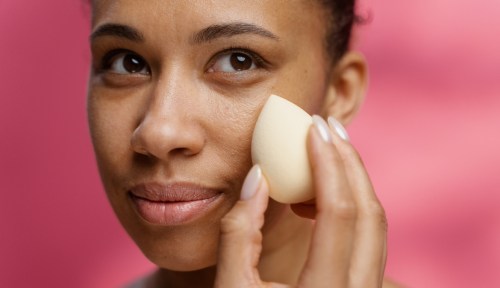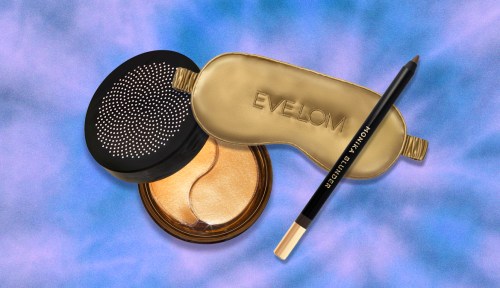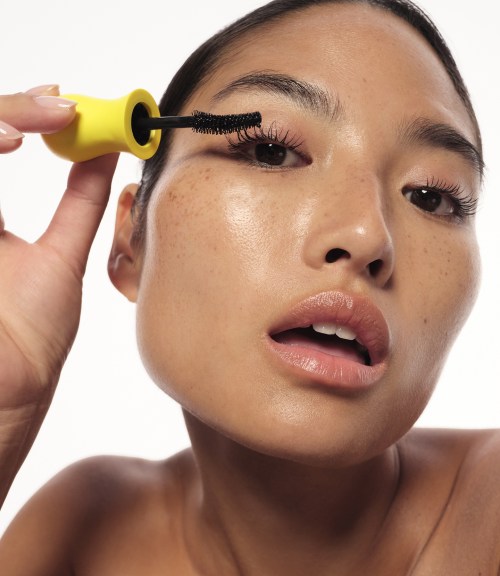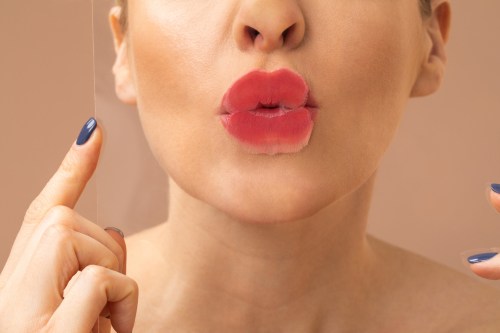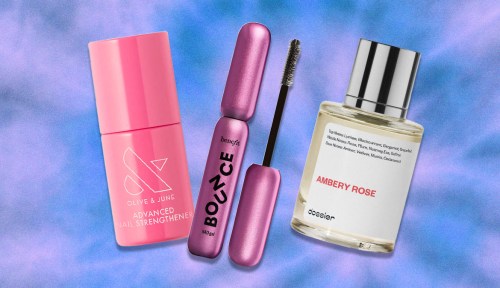‘Hypoallergenic’ Makeup Isn’t Everything You Think It Is
Hypoallergenic makeup is sold to us as a solution for sensitive or irritable skin. But beauty experts say the word is near meaningless.

Hypoallergenic makeup is sold to us as a solution for sensitive or irritable skin. It’s free of certain allergens, supposedly making it safe. Except, everything is a potential allergen. And what irritates one person may not irritate another. Essentially, it’s a meaningless label, says Merrady Wickes, brand director at clean beauty brand development and sales agency Crème Collective.
Experts in This Article
Nevada-based cosmetic chemist and founder of Perfect Image
band director at Crème Collective
“The word hypoallergenic is a cosmetic marketing term that has no regulation by the FDA. It is meant to make people feel a sense of security that something is not going to have common allergens, but that’s a little bit of an oxymoron because allergies are anything but common,” says Wickes. “In my 20 years in beauty, I have seen allergies to everything from aloe, rose, avocado, cornstarch, carmine, castor oil, vitamin B—you name it, I’ve seen it. And you really just cannot say that a product is going to be hypoallergenic because allergies are so specific and unique.”
Generally, hypoallergenic makeup products are free from certain common allergens like fragrance, parabens, and dyes, explains cosmetic chemist David Petrillo.
“It is common for people to report contact dermatitis from fragrances in a moisturizer, lotion, or even soap,” says Petrillo, who is the founder of skin-care brand Perfect Image. “Parabens can cause allergic reactions, especially if a consumer has inflammatory conditions like eczema or psoriasis. Dyes are used a lot in hair products and can definitely cause allergic reactions due to an ingredient commonly found in its composition. That ingredient is called paraphenylenediamine, and it is a colorless chemical that can be toxic. Sulfates, benzyl alcohol, and things like citronellol, which is used in rosy fragrances, can also be a problem.”
But, because there is no regulation from the FDA, you can never be sure what’s in a hypoallergenic makeup product without taking a deeper look at the ingredient list. “There is no strict scientific standard to qualify for the term,” says Petrillo. “Research shows that many products labeled as hypoallergenic still had allergens in their formula.”
If you are looking for products that work well for your skin, first figure out if your skin is truly sensitive or just sensitized by certain products you’re using. Wickes says it’s helpful to fully scale back to the basics and then slowly reintroduce more variety to your routine.
“It’s not about the label on the product so much as scaling back to less actives, less ingredients. It’s almost like an elimination diet for your skin,” says Wickes. “Go really simple for a decent amount of time until you’re not feeling so sensitive, be really diligent with your sunscreen. And then you can gently start adding things back in once your skin gets back to normal when you don’t feel so sensitive.”
When adding products back in, she says to do a patch test before slathering them all over your face. “Before you go on a shopping spree, order a sample and patch test on the inside of your arm, wait for 24 hours, see if that has any kind of reaction,” she says. “Add products to your routine very slowly, have a good routine, don’t go too ham on the sales.”
Ultimately, Wickes says the best thing you can do is consult with a board-certified dermatologist to figure out the source of your irritation. Are you allergic to certain ingredients? Is your skin sensitized from overuse of retinols or AHAs and BHAs? “If you have a negative reaction to more than one product, it’s worth seeing your dermatologist and getting to the bottom of it,” she says.
Oh hi! You look like someone who loves free workouts, discounts for cult-fave wellness brands, and exclusive Well+Good content. Sign up for Well+, our online community of wellness insiders, and unlock your rewards instantly.
Sign Up for Our Daily Newsletter
Get all the latest in wellness, trends, food, fitness, beauty, and more delivered right to your inbox.
Got it, you've been added to our email list.
